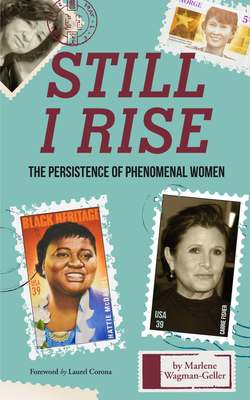Читать книгу Still I Rise - Marlene Wagman-Geller - Страница 24
На сайте Литреса книга снята с продажи.
ОглавлениеCHAPTER 7: THIS LITTLE LIGHT OF MINE (1917)
As Susan B. Anthony lay dying, she spoke to her fellow suffragettes: “With women such as you, failure is impossible.” A year after her passing, in 1920, women were allowed into the polling station, an act that had once led to Anthony’s arrest. However, in the Deep South, despite the Fifteenth Amendment, Jim Crow prevented the disenfranchised from voting, determined to keep poor blacks in their place—the bottom of the social hierarchy.
Fannie Lou was the youngest of twenty children—sixteen boys and four girls—born to Jim and Lou Ella Townsend, sharecroppers on a Montgomery County plantation. When she was two, the family relocated to Sunflower County, sixty miles to the west. Despite the positive connotation of its name, life was a never-ending struggle for its African American residents. Fannie worked the fields from age six; school was only secondary, and attendance permitted only after they had picked their share of cotton. Some never attend classes so they could work full-time. The little girl, like her mother and father, and her slave ancestors, had looked on the long rows of cotton as the only future white Mississippi would afford black folks. This status quo suited the KKK and other white supremacy groups who looked with nostalgia on the antebellum South as “the good ol’ days.”
Jim was resourceful and hard-working, but in the Delta these virtues did not translate to a better life. He rented land and purchased mules and a cultivator. His subsequent success threatened the established social hierarchy and its proponents poisoned his livestock. However, in the segregationist state in the first half of the twentieth century, there was no legal recourse. The Townsends were obliged to return to work as sharecroppers; this entailed splitting the profits with the land-owner, but the cost for everything came from the workers, which made life a Sisyphean, never-ending economic struggle.
Fannie’s formal education in the one-room schoolhouse ended at grade six. She dropped out because her parents were elderly and her mother had a bad eye, an injury she had sustained at work. An object had struck her eye as she was swinging an ax and, unable to afford medical attention, eventually went blind. Hunger stalked their home and shoes were a luxury she did not enjoy for many years. Her mother tied rags around the children’s feet with string during the winter months.
